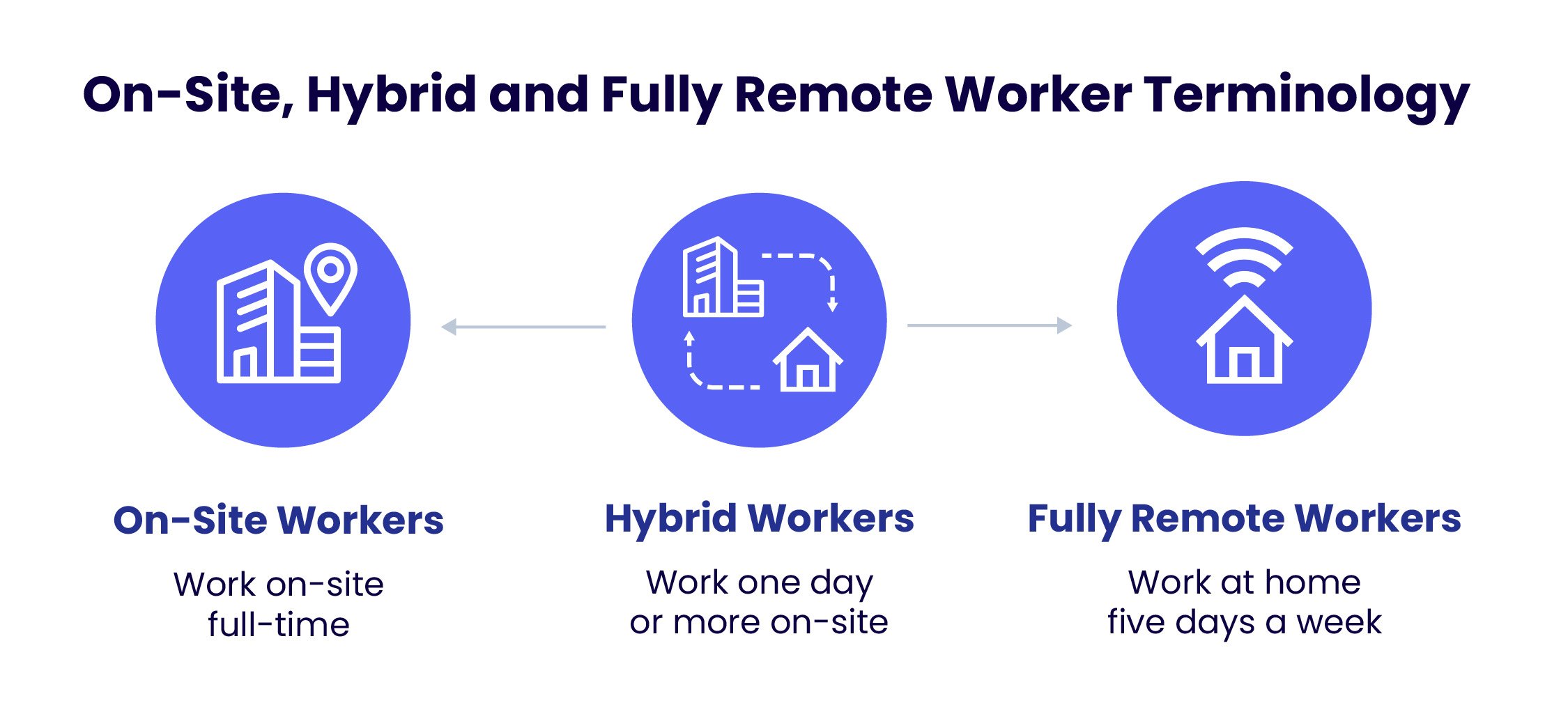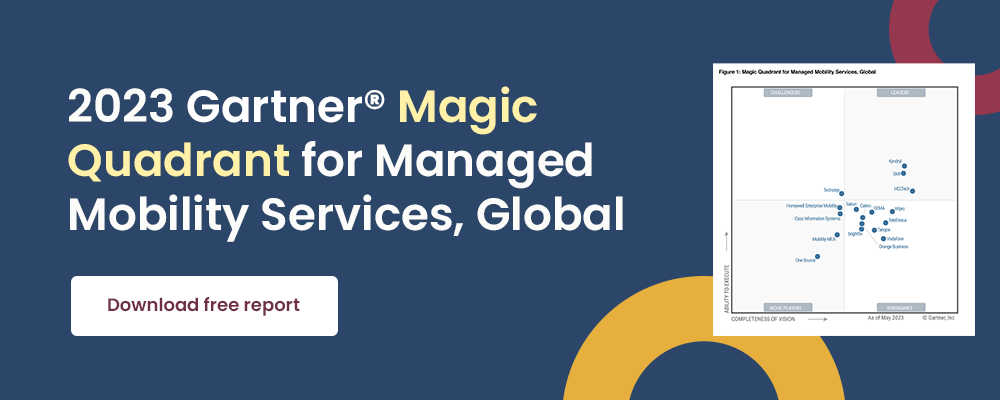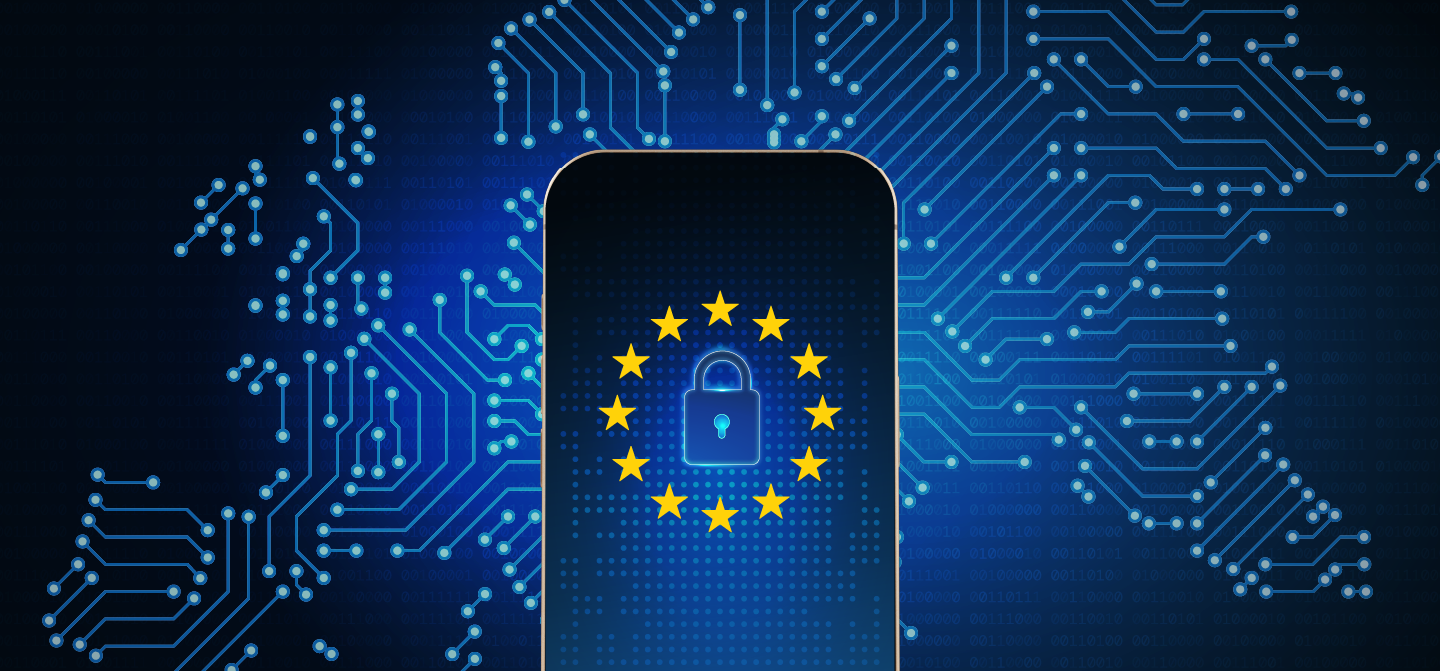As the digital-native generation enters the workforce, workplace dynamics are undergoing a profound transformation. Growing up with constant connectivity and integrated technology, these digital natives have unique expectations and preferences. This shift demands a re-evaluation of mobile and IT technology needs to ensure a harmonious integration of this new workforce into the professional landscape.
Digital Native Workforce
The term 'digital native workforce' or ‘digital-born workforce’ refers to a generation of employees who have entered the labour market during a period characterised by the pervasive integration of digital technologies into various aspects of life and work. Unlike previous generations that witnessed the gradual adoption of digital tools, the digitally native workforce has grown up with technology as an inherent and integral part of their daily experiences.
Members of the digital-born workforce, also referred to as Generation Z, typically exhibit a natural proficiency in using digital devices, applications, and online platforms. They adeptly use technology for communication, collaboration, and problem-solving, having been exposed to digital tools from an early age. These workers often embrace a tech-centric approach to tasks, seeking innovative solutions and efficiencies through the strategic application of digital resources.
The digitally native workforce is shaped by its familiarity with the digital landscape, and its members are often quick to adapt to emerging technologies and trends. This generation brings a unique set of skills and perspectives to the workplace, emphasising the importance of digital literacy, agility, and a forward-thinking mindset.
New Ways of Working Are Here to Stay
According to Gartner, the knowledge workforce can be segmented into three categories: on-site workers, hybrid workers, and fully remote workers. Gartner's report; "Knowledge Employees, Hybrid, Fully Remote, and On-Site Work Styles" highlights a paradigm shift. By the end of 2023, 48% of knowledge workers will have embraced hybrid and fully remote models, a significant leap from the 27% recorded in 2019. The evolution of hybrid work is not merely a perk; it has become an employee expectation, compelling employers to craft a human-centric approach to 'hybrid' in response to the changing landscape of work.
Today's fast-paced and interconnected world has given rise to a new group of professionals among the fully remote workers: the digital nomads. These pioneers are changing the usual way we think about work and life by combining their jobs with a lifestyle that allows for more freedom and the ability to move around. These individuals are unbound by geographical constraints and leverage the power of technology to work remotely and lead a life characterised by flexibility and mobility.
Digital nomads rely on a suite of mobile devices that empower them to work from virtually anywhere on the globe. The cornerstone of their nomadic lifestyle is a high-speed and reliable internet connection. Whether they are working from a bustling coffee shop in Berlin, a co-working space in Oslo, or a quiet beach in Thailand, a stable internet connection is non-negotiable. This enables them to communicate with clients, collaborate with remote teams, and access cloud-based tools essential for their work.
Read more: Key guidelines for businesses for building a successful remote work culture

Technology Expectations of the Digitally Native Workforce
As organisations strive to meet the challenges and opportunities presented by the digital age, understanding and harnessing the strengths of the digitally native workforce becomes imperative. The integration of this generation into the broader workforce can contribute to the development of a workplace culture that values continuous learning, embraces technological advancements, and thrives in a digitally driven environment.
Always Connected, Always Productive
The digital-born generation thrives on connectivity, expecting a seamless transition between personal and professional digital experiences. Mobile technology serves as the pivotal link in this integration, facilitating continuous communication, collaboration, and access to information, regardless of time or place. Employers must invest in robust mobile networks and platforms to cater to this generation's innate desire for uninterrupted connectivity.
Flexibility in Work Styles
One of the defining characteristics of the digitally native workforce is a preference for flexible work arrangements. Mobile technology plays a critical role in supporting this need, enabling remote work, flexible hours, and a dynamic work environment. Businesses need to invest in mobile applications and collaboration tools that facilitate remote work, ensuring that the workforce remains connected and engaged regardless of physical location.
Security and Privacy Concerns
In an era where mobile devices are central to our daily lives, the importance of security and privacy cannot be overstated. The digitally savvy workforce is well-informed about the potential risks that come with technology use. To address these concerns, businesses need to adopt strong security protocols. This includes the use of secure mobile applications, encryption for communication channels, and thorough device management practices. By taking these steps, companies not only safeguard their operations but also build trust with their employees, reassuring them that their digital interactions and personal data are protected.
Read more: What is mobile endpoint security, and why should your company care?
Freedom of Choice
The digital-born generation is accustomed to a diverse array of devices and operating systems. Allowing them to choose their IT equipment ensures alignment with their individual tech preferences. Whether it's a specific brand, operating system, or device type, this autonomy fosters a sense of ownership and comfort, contributing to a positive work environment.
Conclusions
The work environment is evolving rapidly with the entry of Generation Z, a group that's grown up with digital technology at their fingertips. They're bringing a fresh perspective to the professional scene, where mobile technology stands as the cornerstone for successful and harmonious integration into the workforce. This generation, born into a world saturated with digital advancements, brings a unique set of expectations, skills, and perspectives that necessitate a strategic approach to technology integration in the workplace.
Understanding and acknowledging the distinctive needs and preferences of the digitally native workforce extends beyond mere convenience; it has become a strategic imperative for businesses aiming to not only survive but thrive in the digital age. Generation Z, having grown up with ubiquitous access to smartphones, social media, and instant connectivity, exhibits a natural affinity for mobile technology. As they step into professional arenas, organisations must proactively invest in and leverage the right mobile technologies to meet the expectations of this tech-savvy generation.
Making smart strategic investments in mobile technology can empower the digital-native workforce, enhancing productivity, collaboration, and overall job satisfaction. When companies offer tools that match how this generation communicates and works, they set the stage for a workplace that's full of new ideas and creativity. Mobile technology enables seamless connectivity, allowing for real-time collaboration, agile decision-making, and efficient workflow management.
Furthermore, staying ahead in an ever-evolving digital landscape requires organisations to not only adopt current mobile technology but also to anticipate and adapt to emerging trends. The digitally native generation, characterised by its quick adoption of new technologies, values organisations that embrace innovation. Consequently, companies that invest in cutting-edge mobile solutions not only meet the current needs of their workforce but also position themselves as forward-thinking and attractive to top talent.
In conclusion, the integration of the digitally native generation, particularly Generation Z, into the workforce calls for a thoughtful and active approach to adopting mobile technology. By understanding the importance of customising technology investments to fit this generation's unique needs and preferences, businesses can strengthen their workforce and encourage a culture of innovation. This approach gives them a competitive edge in today's fast-changing digital world. As organisations navigate this digital frontier, the use of mobile technology becomes not just a tool for convenience but a catalyst for success in the contemporary and future professional landscape.




/TCO%20calculate3.jpg)
/TCO%20managers2.jpg)